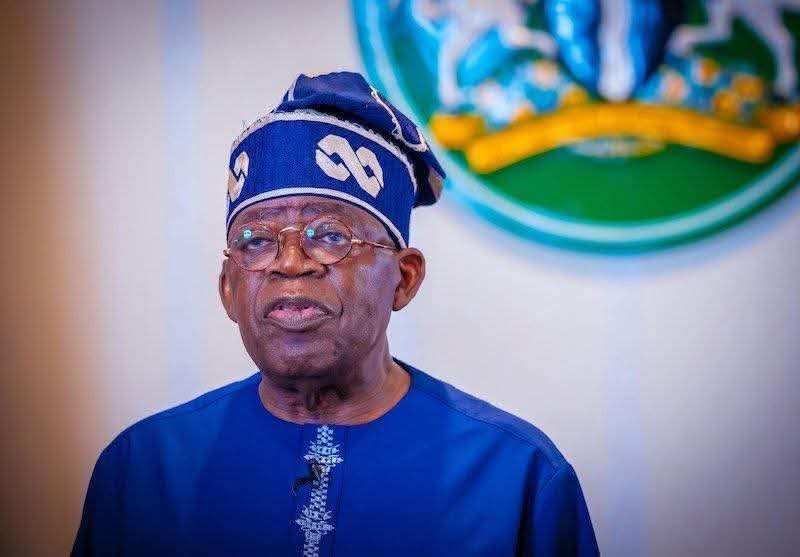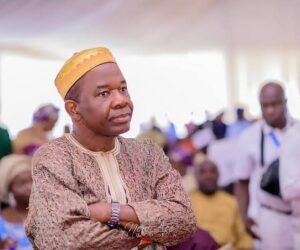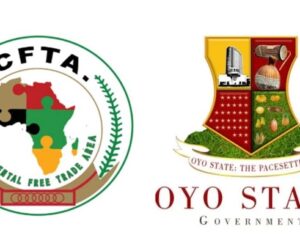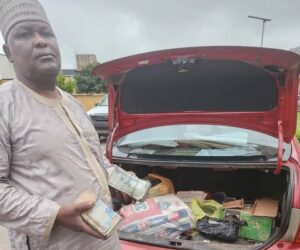The Independent Media and Policy Initiative (IMPI) Sunday said the poverty-reduction measures of the President Bola Tinubu administration are more expansive than those of previous administrations, and are consequently more likely to succeed.
In a policy statement signed by its chairman, Dr Omoniyi Akinsiju, the policy think tank posited that what the federal administration has in place are institutionalised multi-sectoral programmes that are better suited to different categories of people.
The IMPI said the initiatives are not one-size-fits-all programmes like that of former Presidents Olusegun Obasanjo or Goodluck Jonathan which did little to address the poverty situation at the time.
It said: “We note the historical efforts to reduce poverty by various administrations which include direct interventions like the Directorate for Food, Roads and Rural Infrastructures (DFRRI) 1986 – rural areas feeder roads, rural water supply and rural electrification; National Directorate of Employment (NDE) 1986 – unemployed youths training, finance and guidance; and Better Life Programme (BLP) 1987 – rural women self-help and rural development programmes, skill acquisition and health care.
“Others are: People’s Bank of Nigeria (PBN) 1989 – encouraging savings and credit facilities for the underprivileged in rural and urban areas; Community Banks (CB) 1990 – micro enterprises in urban areas, banking facilities; Family Support Programme (FSP) 1994 – Health care delivery, child welfare, and youth development for families in rural areas; and Family Economic Advancement Programme (FEAP) 1997 – credit facilities to support the establishment of cottage industries in rural areas (Oladeji and Abiola, 1998).
“There was also the National Poverty Eradication Programme (NAPEP), which was the central pillar of the Obasanjo administration’s poverty eradication programme. Like other programmes before it, it reflected very little on pro-poor schemes, leading to poorly designed money-guzzling schemes like ‘Keke NAPEP’ which hardly contributed to reducing poverty in the long-term.”
IMPI added that the Buhari administration introduced a more detailed approach to fighting poverty which had since been institutionalised.
“The Muhammadu Buhari administration profiled a more detailed National Social Investment Programme (NSIP) in 2016 to address poverty and socio-economic inequality. Institutionalised by law in May 2023, NSIP consisted of four core programmes: The N-Power, an initiative to provide job training, education, and stipends to unemployed young Nigerians between the ages of 18 and 35; Government Enterprise and Empowerment Programme (GEEP), a micro-lending programme that provided interest- and collateral-free loans to entrepreneurs and small business owners. It had several sub-initiatives: TraderMoni, which provided small loans to petty traders and artisans. MarketMoni, aimed at market women and FarmerMoni which supported small-scale farmers and agricultural workers.
“Conditional Cash Transfer (CCT) Programme, a social safety net providing a monthly stipend to the most vulnerable and poorest households to help with basic needs, and the National Home-Grown School Feeding Programme (NHGSFP), an initiative aimed at improving school enrolment by providing free, nutritious meals to millions of primary school pupils. It also stimulated the local economy by sourcing ingredients from nearby farmers and engaging community cooks,” it added.








